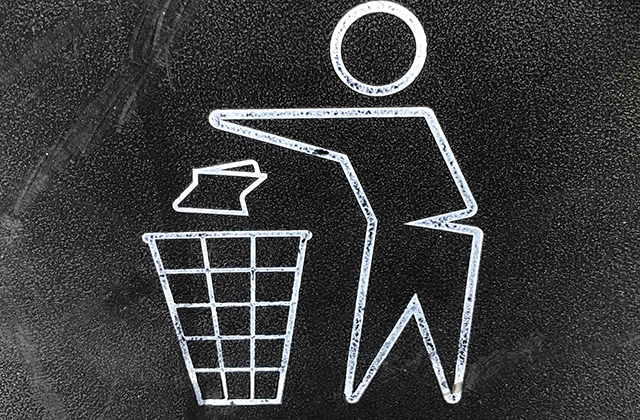If you’re having trouble finding the best skip bin for your needs, here are some things to look for. Everyone need a mini skip hire Adelaide to manage their trash in their home everyday.
The first thing to look for is whether you’ll actually be able to fit it on your property. It’s not enough just to measure the width of the driveway or the space between trees -you have to consider what will be possible after your skip bin is there. You have to think about where it will be parked, how much debris you’ll have, and how much space you’ll need between it and other obstacles.
A second thing to think about is how much trash you anticipate having. The more trash, the bigger the skip bin you’ll want. If you have a lot of big items that won’t fit in a standard skip bin, go for one of those extra-big ones. But make sure it will fit in your driveway before renting it!
A third thing to consider is whether or not you’ll need someone to pick up your bin. If you don’t have any help for this kind of thing, make sure that whoever picks up your bin can actually pull out of their driveway with it. Otherwise they may end up having to leave it behind and charge you extra for that.
Here’s a list of things to look for in somebody else’s skip:
Old monitors: they’re probably broken and may be leaking toxic chemicals.
Old computers: they may contain rare earth metals that can be extracted and sold.
Old phones: they may contain precious metals that can be extracted and sold.
Computer accessories: you will need to take apart the items and remove the components to sell them, but there is usually some value there.
Computers, tablets and mobile phones: the amount of money you make from these will depend on what state they are in, but there will always be some money to made from them – you can either sell the whole thing as spares or take apart for individual components like hard drives, processors and memory cards (NAND chips).
Things like speakers and cables have little resale value, but can be sold as scrap metal, so it is still worth grabbing them if you have room. Old printers have a bit of value as spares, but not much – mostly it is just the metal that is worth anything.
Rummaging through a skip is kind of like the archeological process in reverse. Rather than starting with a bunch of stuff and then trying to figure out what happened, you start with a nearly empty skip and then add to it until you have something that at least resembles what you started with.
There is an element of luck in skip rummaging. There might not be much good in the bin, and there also might be more good stuff in the bin than you could fit into your car. But there are ways you can tilt the odds in your favor.
From experience, I can say that if a skip is locked, it’s almost certainly worth opening. Skip locks break or get lost all the time. If you see a padlock on a skip, it’s not locked anymore.
The one thing you are guaranteed to find in a skip bin, for example, is stuff that people don’t want. The question is why they don’t want it.
If the box says “books,” you can be pretty sure it contains books. Because if you didn’t have books, why would you bother to throw them away? There’s no point throwing something away unless it’s the kind of thing someone else wants. And if someone else wants that kind of thing then what would be the point of putting it in a skip bin?
So the first thing to look for in any skip bin is stuff that people don’t want. The second thing to look for is stuff that people do want. If you find stuff that people do want (shoes, say), then it probably doesn’t belong in a skip bin.
The third thing to look for is stuff that seems hard to get rid of. The fourth thing to look for is stuff that seems easy to get rid of. The fifth thing to look for is stuff that looks like it doesn’t know what category it belongs in. Learn more by managing your own garbage after your home renovation.

